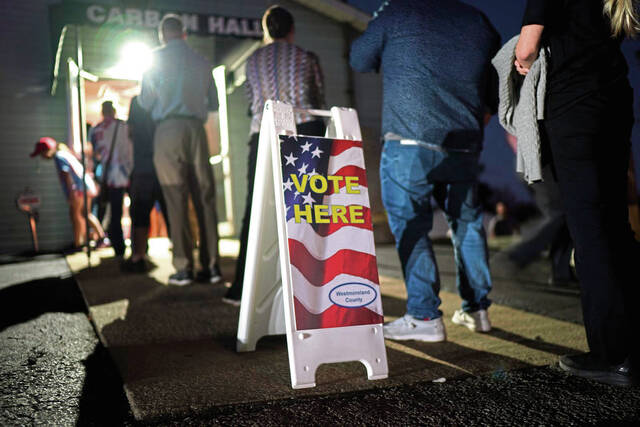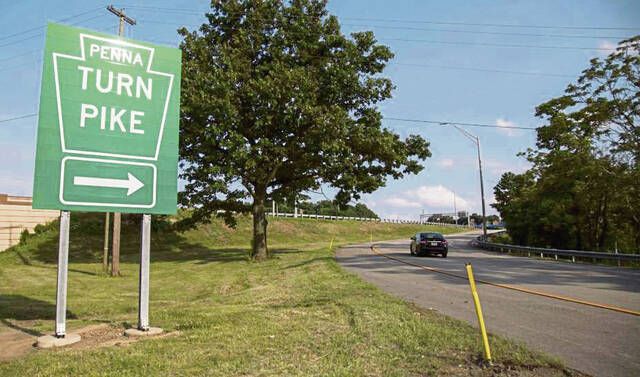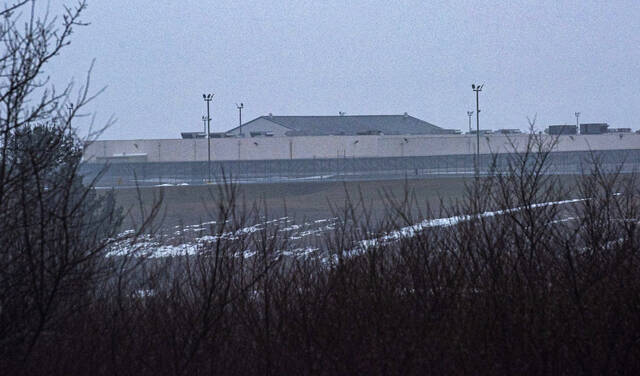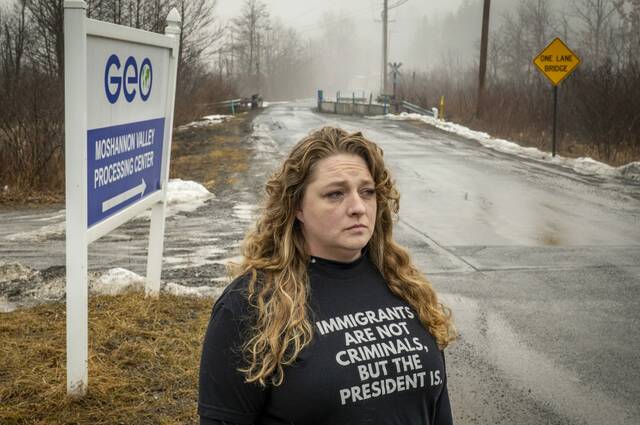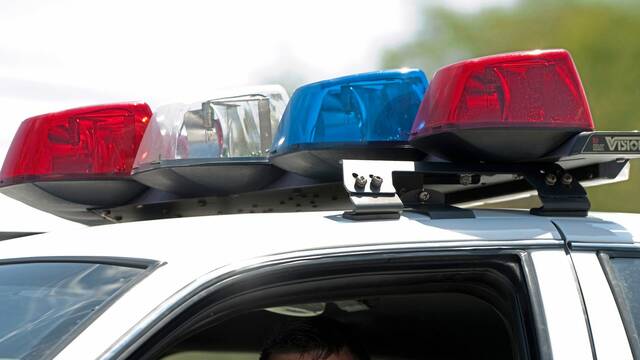Given the backdrop of a fiercely contested presidential race, anxiety over voting integrity and tidal waves of social media misinformation, it could have been a lot worse.
Tuesday stacked up to be a busy, but largely uneventful, election day in Western Pennsylvania, a region targeted by Democrat Kamala Harris and Republican Donald Trump as a key to winning this swing state and its 19 Electoral College votes. Critical races for control of the U.S. House and Senate run through the state, too.
From the bluest city neighborhoods to deep red rural towns, reports of long lines rolled in from all over Allegheny and Westmoreland counties — even before polls opened at 7 a.m.
Officials from both counties expected all available votes to be counted by midnight or so, but stragglers will almost certainly remain in some parts of the state heading into tomorrow.
The results are expected to include about 260,000 mail-in votes in Allegheny County and a little more than 55,000 in Westmoreland County.
Turnout appeared to be strong for an election that, to some voters, was a do-or-die moment for the future of American democracy.
Allegheny County spokesperson Abigail Gardner predicted a turnout of between 70% to 75% of the county’s 953,000 registered voters. That would be down from 2020, when turnout hit 77%.
In Westmoreland County, around 85% of 90% of the county’s 255,000 registered voters were expected to cast a ballot in some way, according to elections bureau Director Greg McCloskey, up from 81% in the last presidential election.
Polling places in these critical counties faced some small hiccups throughout the day.
At the Allegheny County elections warehouse Tuesday evening, Gardner said there were minor issues, like two delayed precinct openings, “but I think for an election of this size, nothing unusual.”
The county sheriff’s deputies were called around 6:30 p.m. for reports of as many as three individuals blocking people from voting at Quentin Roosevelt Elementary School in the Carrick section of Pittsburgh, according to a release. They were gone when deputies arrived, but deputies remained at the precinct until the polls closed.
In Westmoreland County, McCloskey said four voting machines went down during the day, and there were some delays while technicians replaced them but all voters at those precincts cast ballots. Another complication took place at a Greensburg precinct, where a judge of elections walked out and was replaced by a minority inspector.
These incidents, and other issues in the state, were well within the usual snags of running an election across thousands of precincts, and were promptly addressed either by election officials, law enforcement or common pleas court judges.
The most serious event was a bomb threat at the Clearfield County Administrative Building, where votes were being counted. Voting hours in that county were extended until 9 p.m. by a judge’s order. The threat, according to state court officials, is considered unfounded.
The biggest voting extension happened in Cambria County, where a judge extended voting hours to 10 p.m after a software malfunction in that county’s electronic voting system prevented voters from scanning their ballots.
“The malfunction caused voter confusion, long lines of voters, and many individuals left the polling locations without casting a ballot,” according to the petition for emergency relief.
Ballots cast after 8 p.m, the typical cut off, were made with provisional ballots.
A Laflin polling location in Luzerne County opened about 90 minutes late, “causing an inability for some voters to cast a ballot” after the judge of elections failed to show up, according to court records.
As a result, a county judge issued an order extending the Laflin polling hours until 9:30 p.m.
About a half-dozen Armstrong County polling locations were impacted Tuesday by an issue with paper ballots that made them difficult to scan, according to Anthony Shea, a county commissioner.
“They basically solved the problem by replacing the scanner and redoing the ballots with a better quality paper,” he told TribLive. “Nobody was denied the ability to vote.”
In Fayette County, Washington Township Judge of Elections Vincent Manetta was ordered to turn over election materials to county sheriff’s deputies when his precinct closed after, according to a court filing, he had expressed his intent to hand count the votes at the polling site, which would have violated state law.
The biggest issue for many voters was wait time. Many polls across the region reported long lines. In Unity, wait times were often an hour and a half during morning voting Tuesday but had lessened to only about half an hour by afternoon. It was a scene repeated at precincts across the region, with lines of voters extending outside and, sometimes, down the block from polls.


